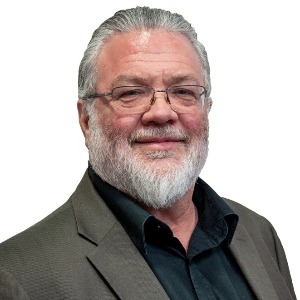Music Therapy
Music Therapy is the clinical and evidence-based use of music treatments by a trained practitioner who has completed an accredited music therapy curriculum to achieve individualised goals within a therapeutic partnership. Music therapy approaches can help with a wide range of medical and educational goals. Music therapy can be an active process in which clients participate in the production of music or a passive approach in which clients simply listen to or respond to music. Some therapists may employ a hybrid strategy that includes both active and passive musical encounters. Music therapy's uses and advantages have been studied for decades. Music therapy may be highly customised, making it appropriate for people of all ages, even very young toddlers. It's also adaptable, offering benefits for those with varying levels of musical skill as well as mental health and physical health issues.
- Types of Music Therapies
- Music Therapy for Medical and Psychiatric Disorders

Mary Jo Bulbrook
Akamai University, United States
Kenneth R Pelletier
University of California School of Medicine, United States
Gene Bruno
Nutraland, United States
Kevin KF Ng
MD Natural Care LLC, United States
Julieta Andico Songco
JAS Consulting Services, United States
Debrah Nadler
Alzheimer’s Support, LLC, United States




Title : The importance of integrating TCM with conventional medicine in the diagnosis and treatment of physical and mental exhaustion due to excess or lack of professional activity
Angela Sanda Tudor, Society of TCM from Romania, Romania
Title : Change your genes - Change your life: Sorting the hope from hype of human longevity
Kenneth R Pelletier, University of California School of Medicine, United States
Title :
Laure Le Corroller, Dr.& Master Sha Tao Academy, Canada
Title : Examining the factors that decrease and increase the effect of acupuncture
Yucel, Elonysia LLC, Turkey
Title : Pure consciousness and lifestyle practices in ayurveda — Positive epigenetic transformations
Girish Momaya, Maharishi European Research University, Netherlands
Title : Akkermansia muciniphila 001 (AKK001™) postbiotic for body morphology and metabolic indicators in an overweight population: A randomized, controlled trial
Gene Bruno, Nutraland, United States